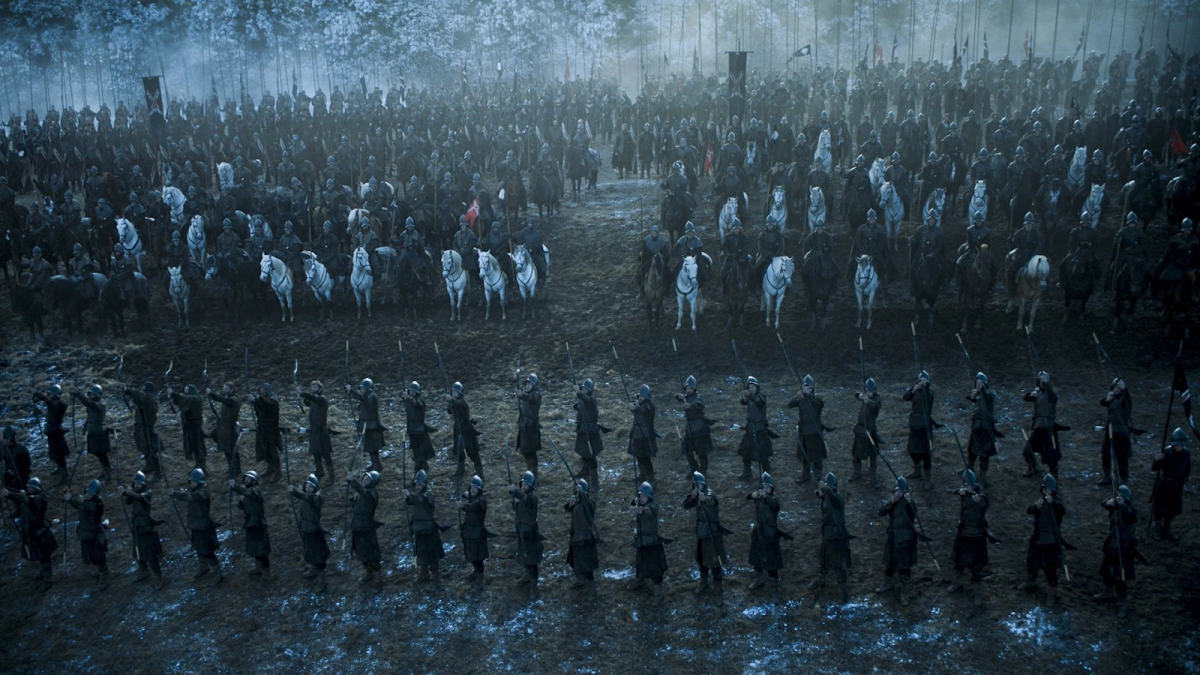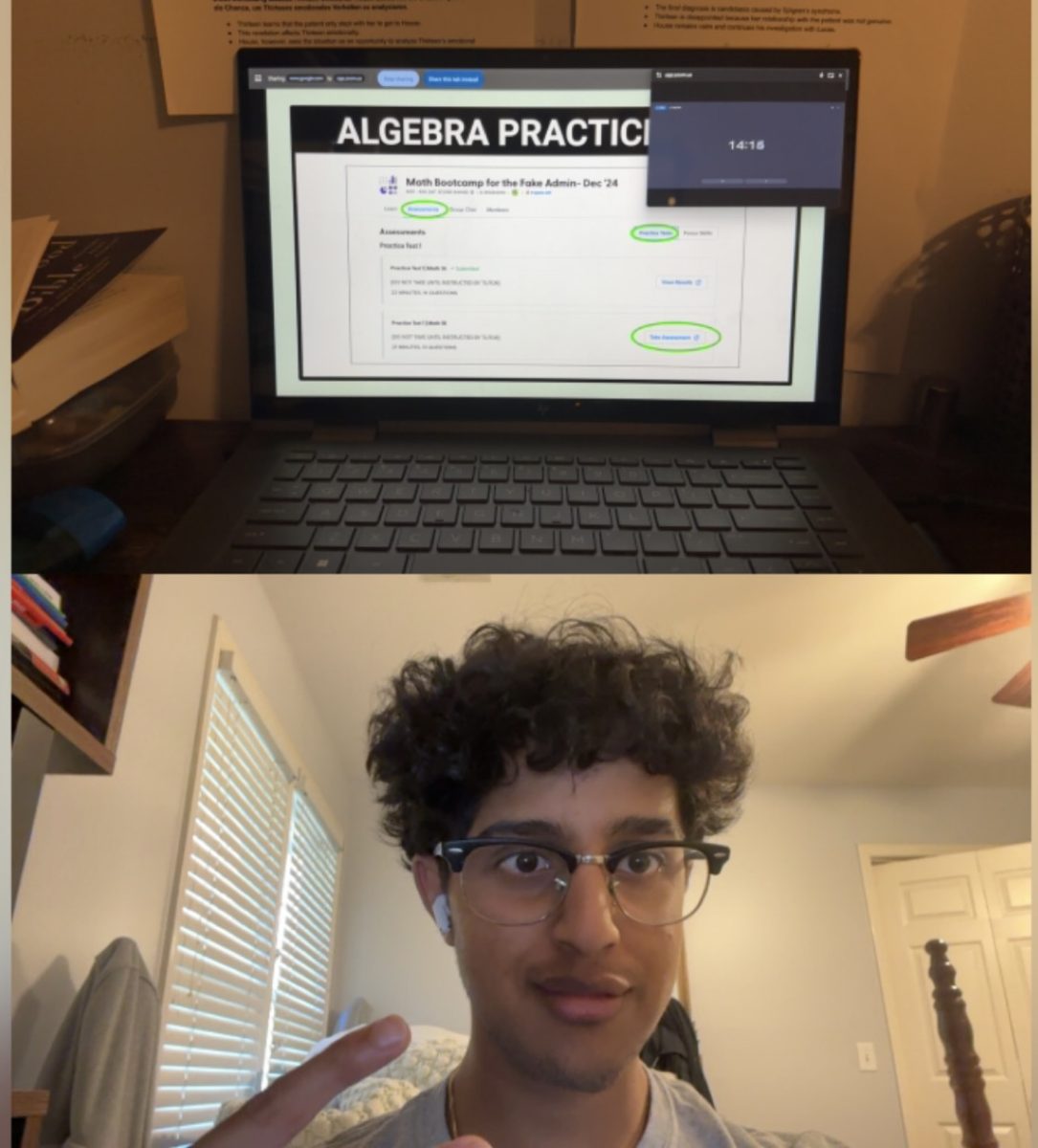Hollywood has a habit of creating movies based on books, but unfortunately, many adaptations fall flat. Viewers rush to the cinema to watch a newly released hit, but don’t realize it was inspired by a book. Movies like “Divergent,” “Pride and Prejudice” and “Twilight” are all popular releases based on previous books. However, these movies often deviate from the original storyline, leading to debates about how authentic a movie should be to its book.
A movie adaptation is meant to be a visual representation of its story, and for that to be successful, it should stick to the original written plot points. Oftentimes, when filmmakers take creative liberties such as changing the ending, characters or overall plot, it removes the main points of the original story. The movie is no longer a visual of the book, because the differing plot reduces its significance of being a book adaptation.
“Sometimes, if executed correctly, then it [the movie] can be interesting, but I don’t think it completely captures the essence of the book,” Lambert sophomore Aditi Soham explained. “You can still make an interesting film, but it’s not going to be a book adaptation.”
Some may appreciate the different plots which filmmakers add to their movies, but the essential point of the book is often missed in these changes, as they are not staying true to the author’s real vision for the story.
In some cases, changing the focus of the movie takes away from the original plot. For example, in “Harry Potter and the Half-Blood Prince,” a primary focus is the romance between two central characters, Hermione Granger and Ron Weasley. Comparatively, in the book, the focus is largely on the fight against Voldemort, with the romance as something of a subplot—not a main idea.
“In the movie, they made the romance a central theme, which was not a key aspect of the book, so it missed out on a lot of the good parts of the book,” Soham noted.
The movie may have had an accurate plot, but the shift in focus resulted in an inability to portray the themes of the book. Failing to highlight the major message of a story causes the movie to lose the true purpose of the writer’s work.
Additionally, for an accurate screen representation of a book to succeed as an adaptation, it is important for the filmmakers to work closely with the author. In some cases, the directors may not understand the underlying message the author intended to convey. Working with the writer and confirming every piece of the work is accurately represented is imperative for a precise depiction. For example, in “Game of Thrones,” the quality of the show varies by season depending on how involved the original writer, George R.R. Martin was. “Game of Thrones” received much critical acclaim during its earlier seasons, when George R.R. Martin was heavily involved in the show. However, the later seasons received much backlash and criticism from fans due to not aligning with the book’s themes and plot as expected.
“Once George R.R. Martin’s role diminished, they didn’t have the source material,” Lambert English teacher Mr. Candela, explains. “It was very difficult to maintain the momentum of the show, because they weren’t really sure what his intention was.”
Martin’s declining role in the show-making resulted in seasons that do not truly convey the themes he intended to illustrate. The last seasons of the show had a weak representation of his books as the show’s creators did not have aid with the concepts and themes of the story.
While movies, or any other screen adaptations, have the advantage of being able to fully convey the visuals of a story, they are unable to capture the intensely narrated internal thoughts of its characters. Movies are able to illustrate elaborate battle scenes, but it is much more difficult to portray the internal conflicts of a character.
“When you look at the medium of a novel, if the majority of the book is just talking about something the character is going through internally… it’s very difficult to make that into a movie,” Mr. Candela expressed. “Movies can’t really show what a character is thinking or feeling.”
This challenge of showcasing the inner battles of a character on screen hinders the movie’s ability to represent the entire meaning of the story. While the visuals may be amazing, it is equally important for the core message of the book to be communicated.
Movies can be a great way to support a book, but they must have a plot which aligns with the writer’s original vision and work with the author. By doing this, they can further the quality of their productions and create better adaptations.















